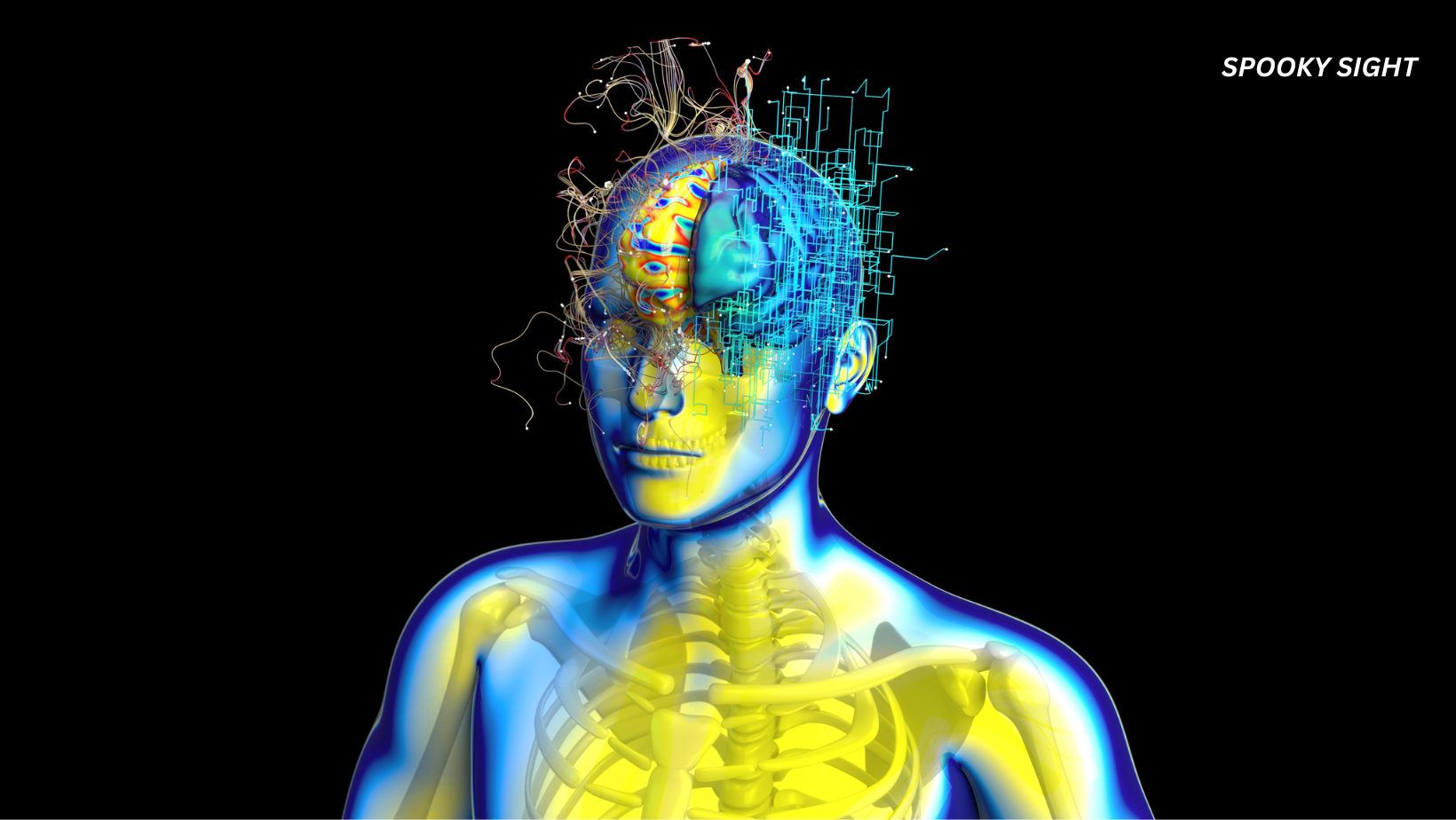Let’s be honest—some people wear kindness like a costume. At first glance, they seem friendly, supportive, maybe even charming. But behind the well-practiced smiles and polished compliments, something just feels… off. It’s not always easy to spot a fake nice person because they know how to put on a good show. They say the right things, behave perfectly when eyes are on them, and often leave you wondering if it’s all in your head. Spoiler: it’s not.
If you’ve ever had that gut feeling that someone’s sweetness is a little too sugary to be real, these signs might help you decode what’s really going on.
1. They’re Only “Nice” When There’s an Audience
Ever notice someone suddenly turn on the charm when others walk into the room? That’s not kindness—it’s performance. They might be overly helpful or overly polite in group settings, but when the crowd leaves, so does their warmth. A genuinely kind person doesn’t need spectators to be decent—they just are.
2. They Speak Sweetly to You, But Talk Behind Your Back
A classic tell. If someone’s always smiling in front of you but seems to leak personal stories or criticisms when you’re not around, they’re not being kind—they’re collecting material. True kindness involves respect, and respect doesn’t disappear the moment your back is turned.
3. Their Compliments Come With a Side of Weird
You know those compliments that leave you wondering if you were just praised or insulted? Like, “You look great today! So much better than usual!” Yeah—that. Genuine praise makes you feel seen and appreciated. Fake flattery feels off, confusing, or even subtly mocking. Your gut knows the difference.
Read more: Once Considered Polite, These 11 Sayings Now Come Off As Rude
4. They Turn Everything Into a Subtle Competition
They congratulate your achievements… and then one-up them. They’re happy you got a promotion—but remind you of theirs. They smile at your new outfit, then casually mention the price tag of theirs. If it always feels like a silent contest, chances are their kindness has strings attached.
5. They Laugh At You, Not With You
Friendly teasing is one thing. But when someone constantly jokes at your expense or highlights your slip-ups for laughs, it’s less about connection and more about control. When the laughter stings, that’s not teasing—it’s thinly veiled cruelty dressed up as playfulness.
6. Their Personality Shifts Depending on Who’s Around
If they’re warm and respectful to you but cold or rude to waiters, coworkers, or people they deem “unimportant,” that’s not a personality quirk—it’s a performance. True kindness is consistent. It doesn’t turn on and off depending on status, spotlight, or convenience.
7. Their “Nice Gestures” Come With a Price Tag
Fake-nice folks often operate on an invisible scoreboard. They might do you a favor, but you’ll hear about it later—either through a guilt trip or a subtle reminder that you “owe them.” Genuine kindness is given freely. It doesn’t come with IOUs or emotional fine print.
8. They Apologize Without Actually Apologizing
You know the type: “I’m sorry you feel that way.” Sounds polite, right? But it avoids responsibility and turns your hurt feelings into the problem. Real kindness includes accountability. If someone can never admit fault, they’re more interested in protecting their image than healing the moment.
9. They Use Manners to Muffle Meaningful Conversations
Sometimes kindness is quiet, but other times, it hides behind polite small talk. If they always change the subject when things get emotional or serious, it could mean they’re using charm as a shield. True kindness doesn’t shy away from honest conversations—it makes space for them.
10. They Smile While Dismissing Your Feelings
Everything may seem fine on the surface, but when you try to open up, they shut it down with a cheery “Oh, don’t be so dramatic!” or “You’re overthinking it!” They may not raise their voice, but their refusal to validate your emotions is its own kind of cruelty—one that masquerades as niceness.
11. They Hand Out Gifts Like Band-Aids
After an argument or moment of tension, do they skip the heart-to-heart and instead show up with a “peace offering”? Gifts are lovely, but when they replace real effort, they start to feel hollow. Kindness isn’t about erasing conflict—it’s about working through it.
Read more:Toxic Phrases You’ve Heard So Often You Think They’re Normal
12. They Always Agree With You—Even When It’s Weird
Disagreements are healthy. But someone who nods along with everything you say, even when you know they have a different opinion, isn’t being kind—they’re avoiding authenticity. Real connection involves truth, even if it’s uncomfortable. Constant agreement can be a sign of self-protection, not care.
13. They’re Present, But Emotionally MIA
They might text you “Happy Birthday!” or tag you in memes, but conversations never go deeper than surface-level. There’s no vulnerability, no depth—just a smiling facade. If you feel like you’re connecting with a perfectly pleasant wall, their niceness might be more habit than heart.
14. They Disappear When Things Get Real
When life gets messy—when you’re grieving, struggling, or simply need support—they vanish. They were there for the brunch invites and the celebrations, but when emotional heavy lifting is required? Nowhere in sight. Kindness shows up when it’s hard, not just when it’s easy.
15. You Feel Like You Owe Them for Being Nice
Here’s the kicker: over time, you start to feel indebted to them. Maybe it’s the guilt trips, the little reminders of all they’ve done for you, or just the subtle pressure to “repay” their goodwill. But kindness should never make you feel like you’re walking around with emotional debt.
Read more: Behavioral Patterns Psychologists Have Linked to Low IQ
Final Thoughts: Real Kindness Doesn’t Need to Be Proved
Being genuinely kind isn’t about perfect manners, constant positivity, or always saying the “right” thing. It’s about showing up, being consistent, and caring without an agenda. It doesn’t require applause. It doesn’t fade when times get tough. And it certainly doesn’t make you feel confused, small, or suspicious.
So if someone’s kindness feels more like a carefully rehearsed performance than a heartfelt connection, trust your instincts. Because when someone’s being truly kind—you don’t question it. You feel it.
Image: Freepik.









